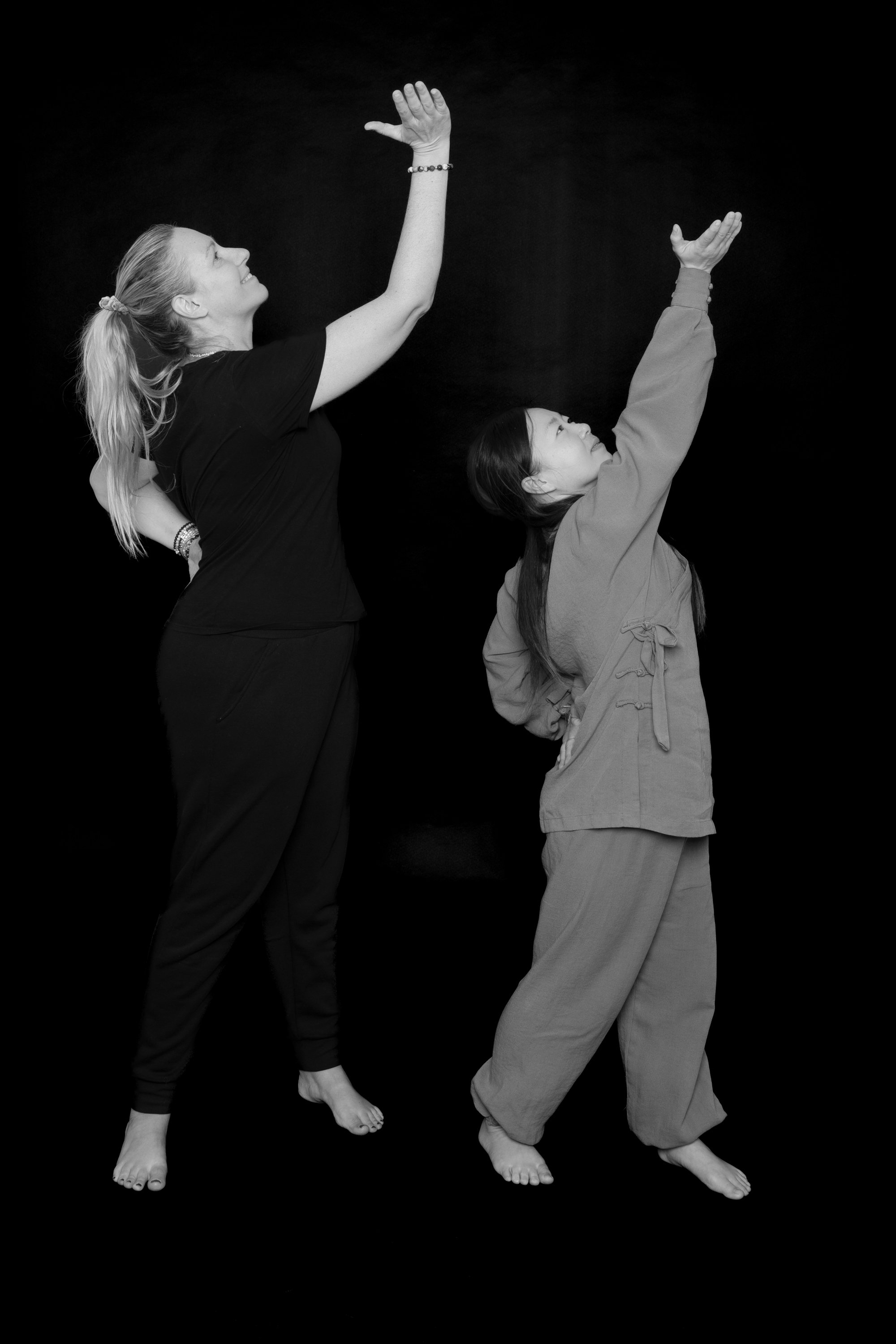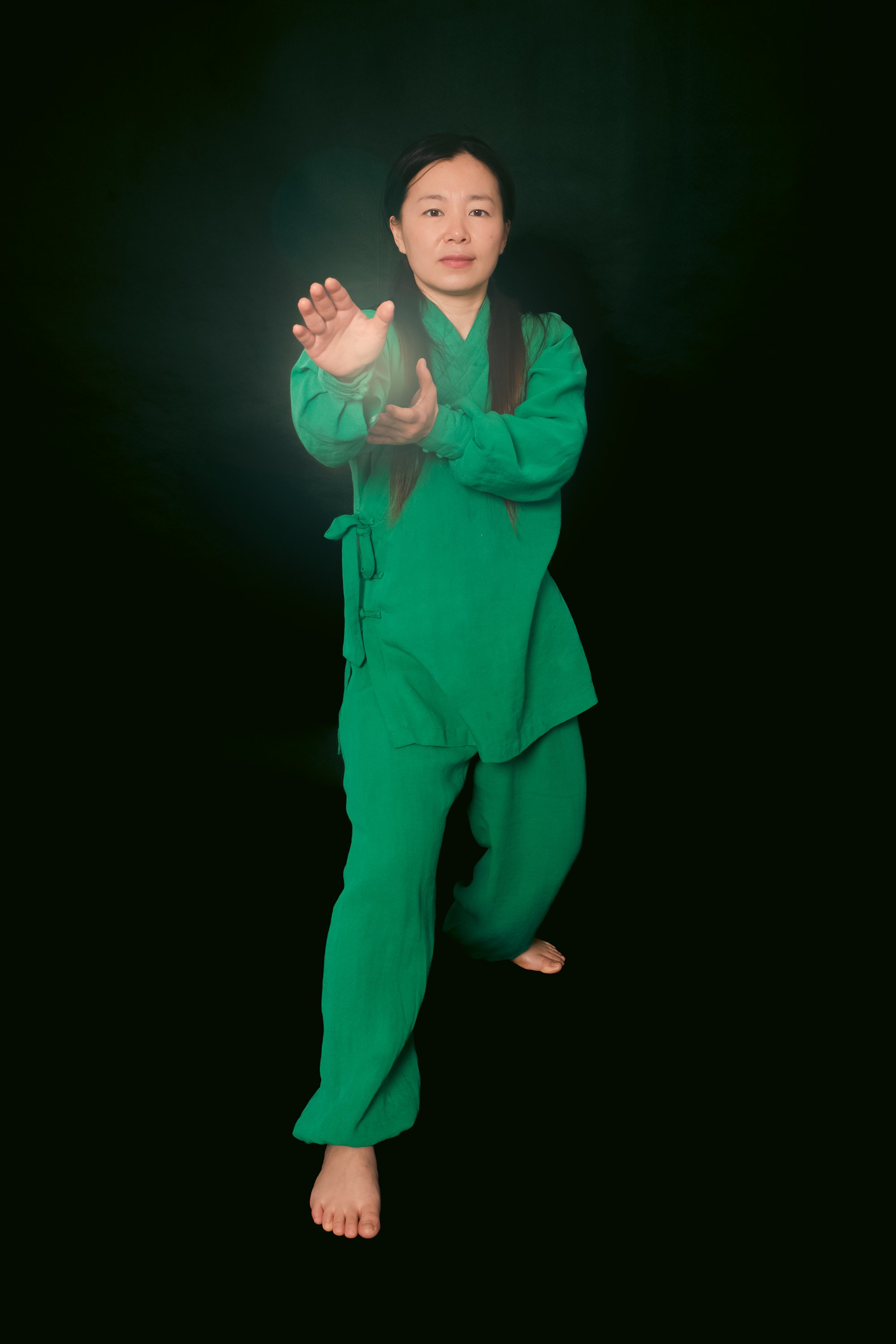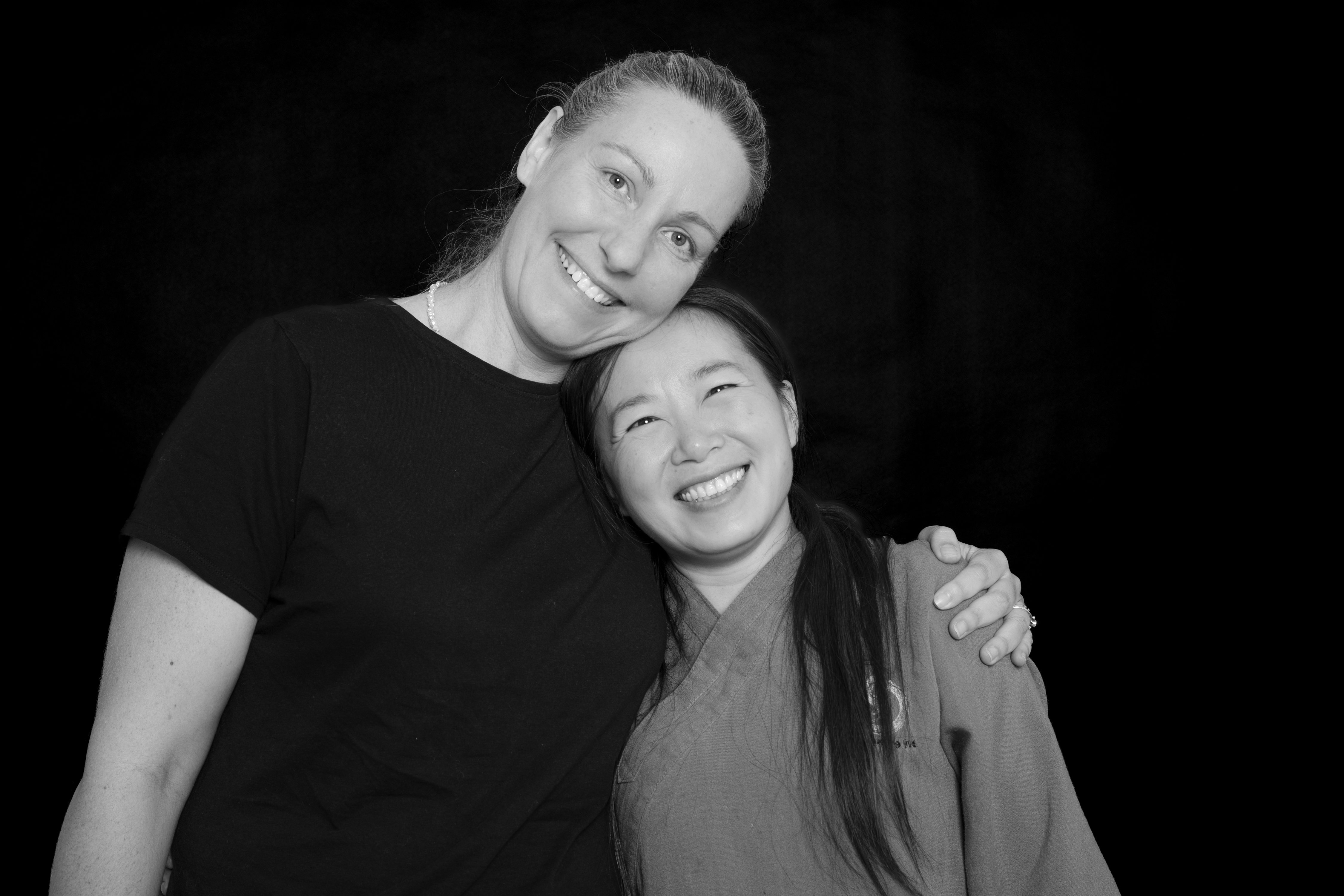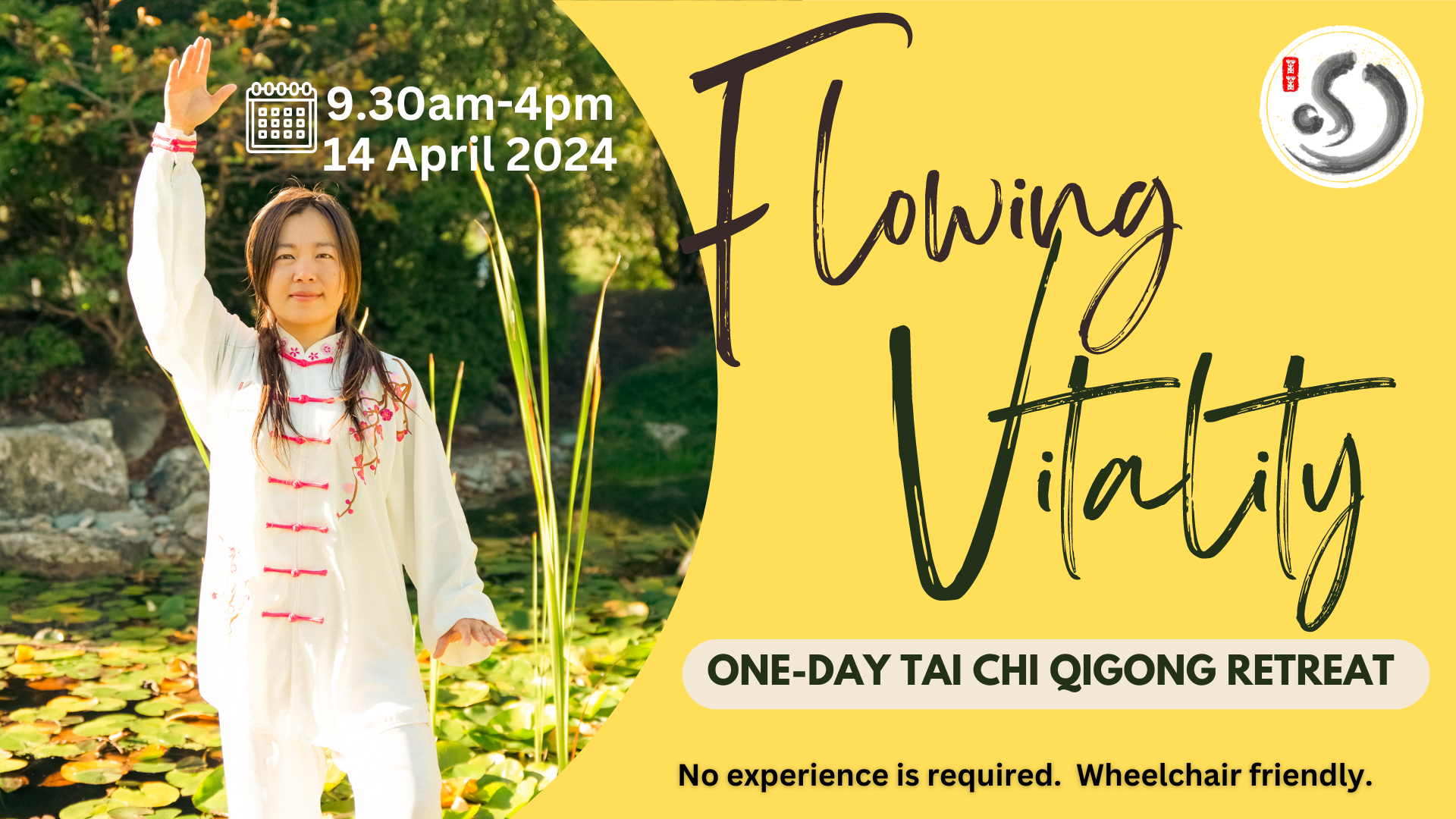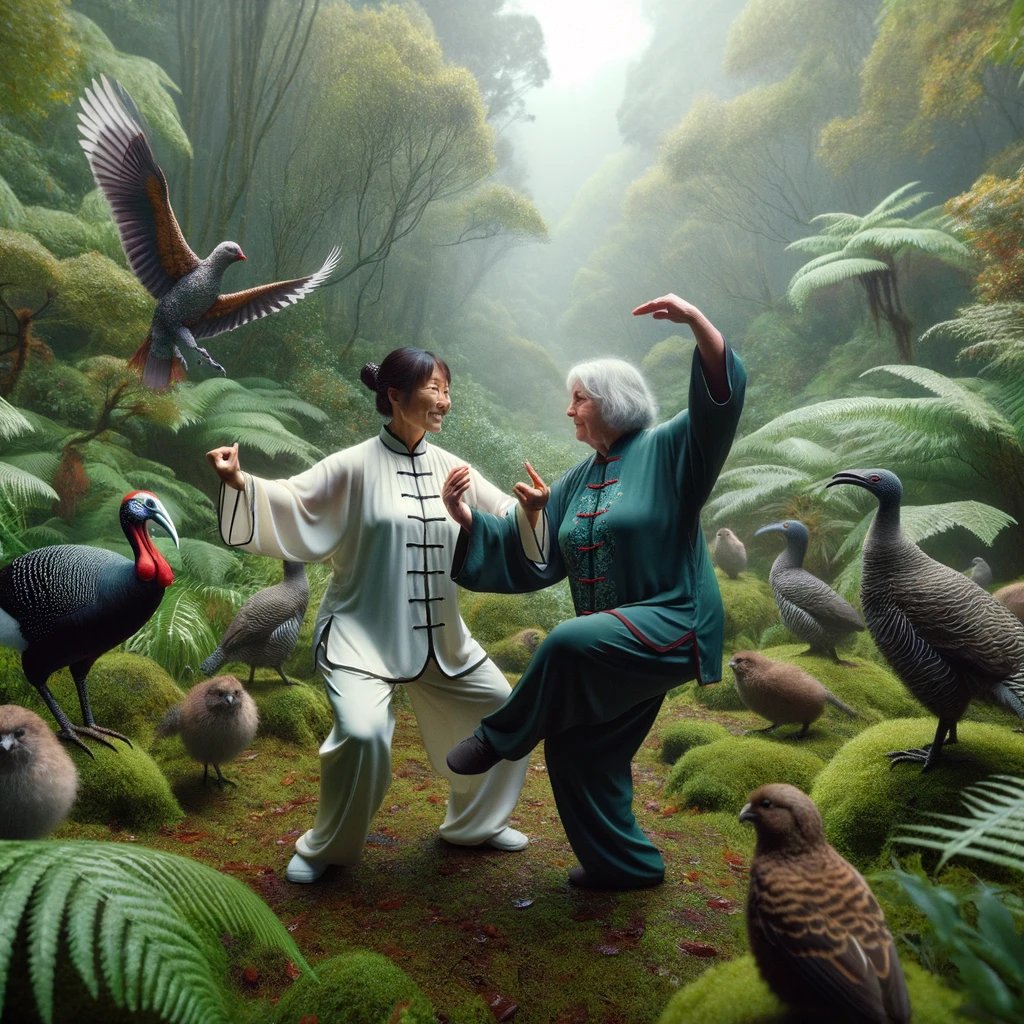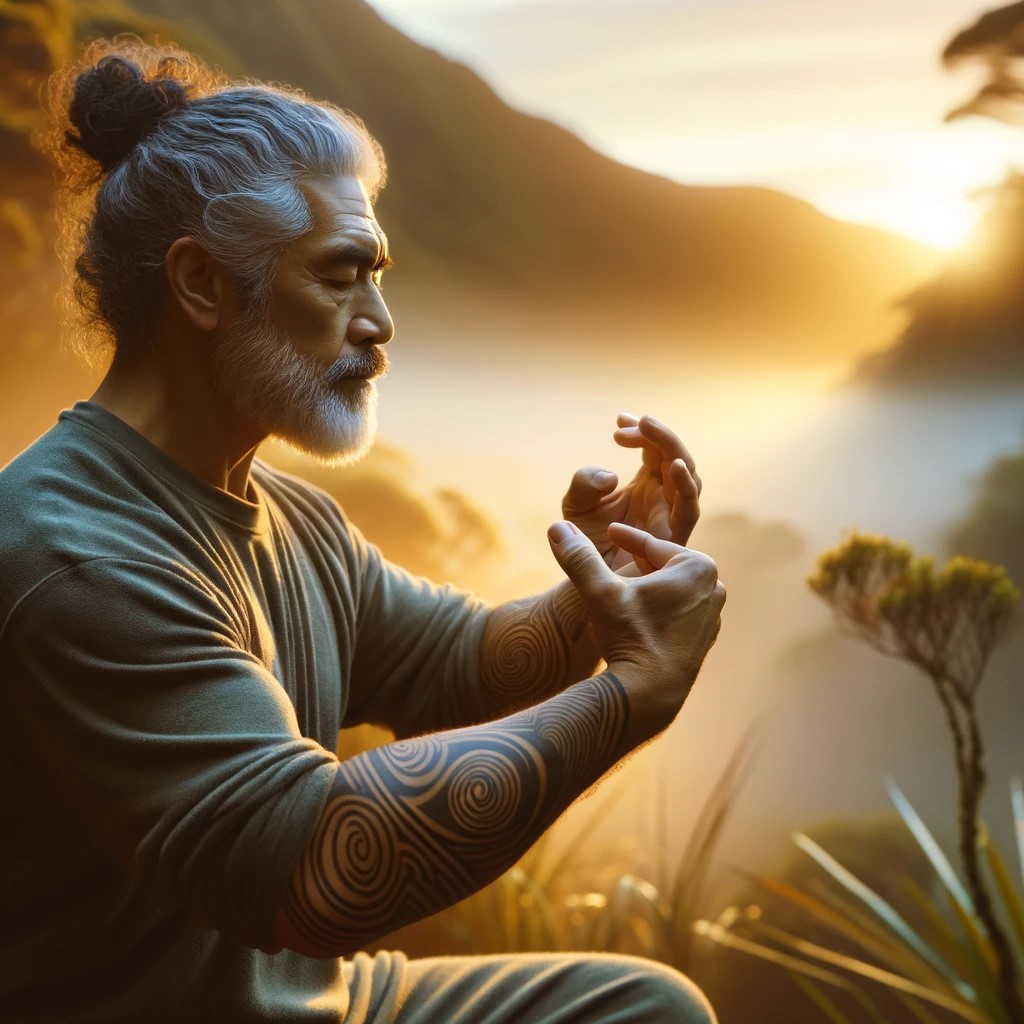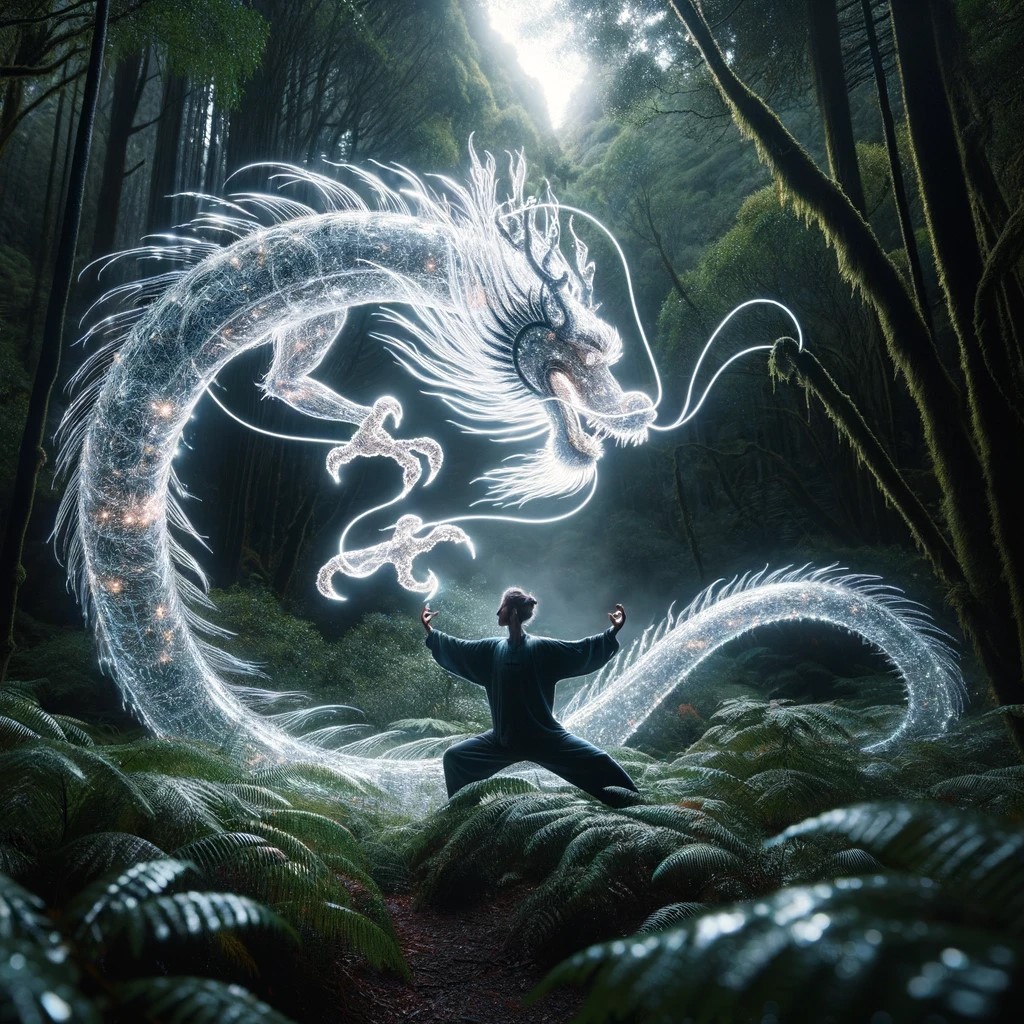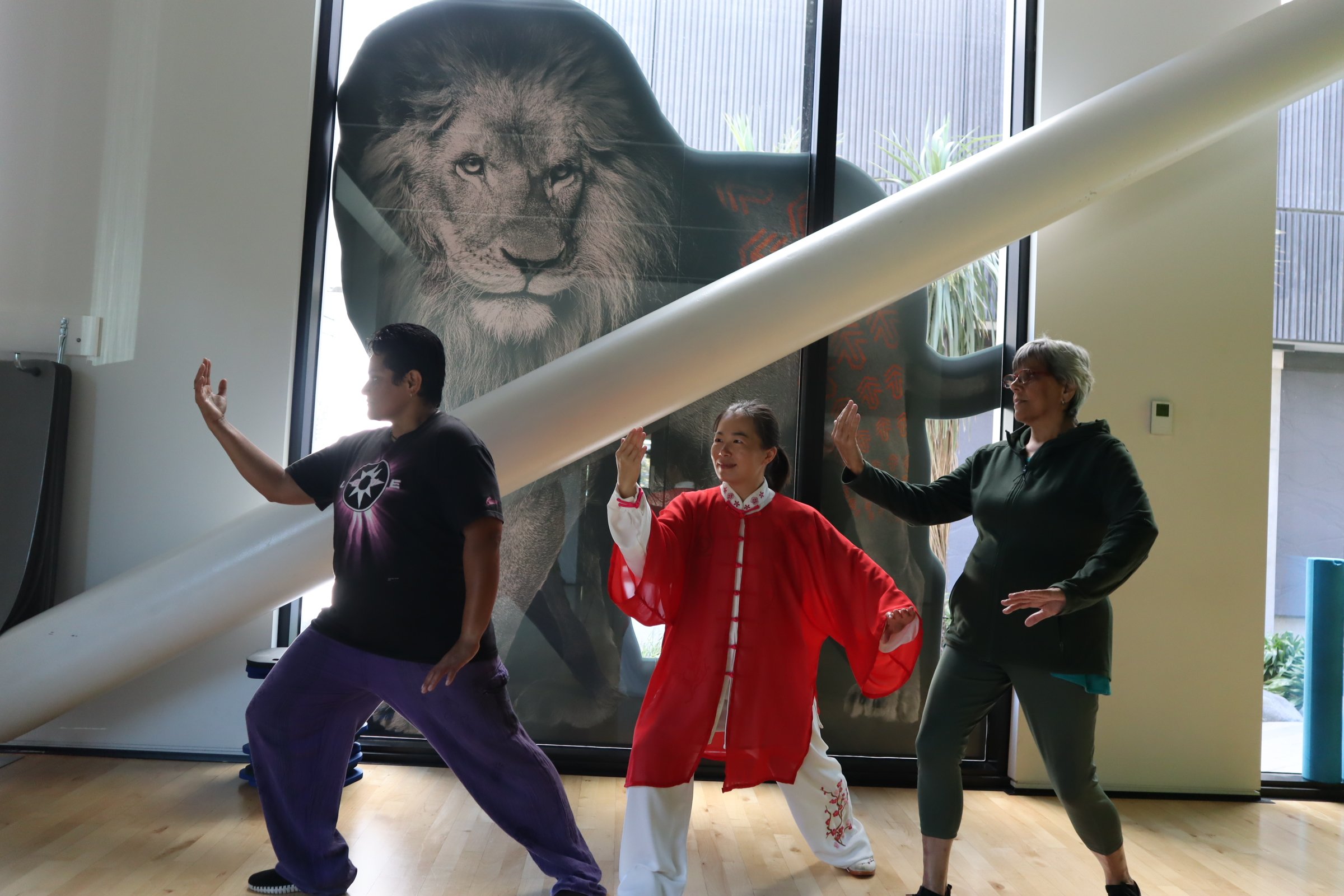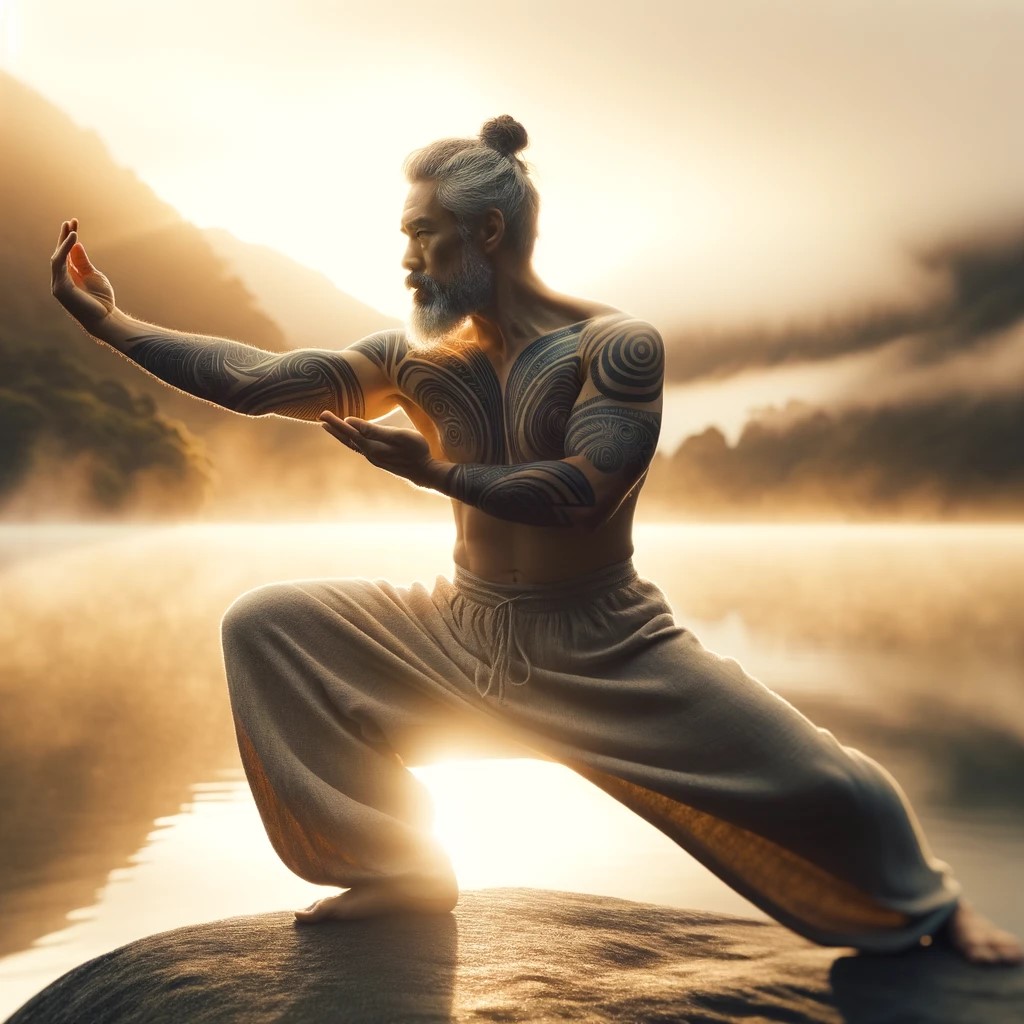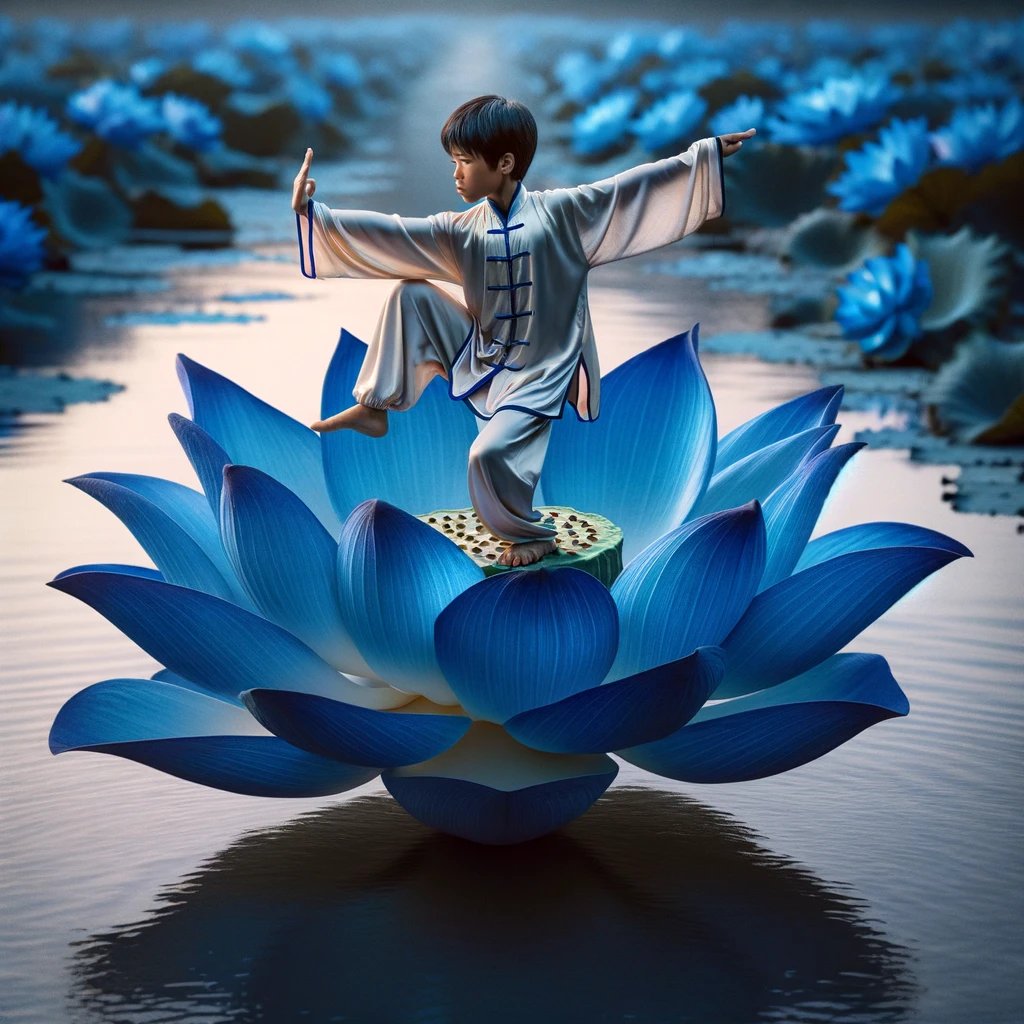Embarking on the journey to become a Tai Chi instructor is a path filled with deep personal growth, understanding, and the continuation of a tradition that extends beyond mere physical exercise. This process is reminiscent of the traditional learning methods seen in Indian and Tibetan cultures, where the relationship between a guru and their disciple is not just about the transfer of knowledge but the transformation of the learner's being.

The Traditional Path: Learning from a Master
The heart of Tai Chi training lies in the relationship between teacher and student. Traditionally, one learns Tai Chi from a master, immersing oneself in not just the physical movements but also the philosophy and the subtle energies that define this practice. This approach is akin to the guru-disciple tradition found in Indian and Tibetan cultures, where the learning is deeply personal, experiential, and transformative. Finding a teacher who can guide you, not just through the forms but through the journey of self-discovery that Tai Chi offers, is the first step toward becoming an instructor yourself.
Beyond the Physical: Tai Chi as a Way of Life
Tai Chi is not just an exercise; it's a way of life. This martial art teaches balance, harmony, and the flow of chi or life energy. The movements might seem simple or slow, but each posture and transition requires awareness, control, and an understanding of the underlying principles. The practice of Tai Chi involves meditation, breathing techniques, and the martial aspect, all of which contribute to the practitioner's physical and spiritual growth.
The Importance of Personal Experience
While there are many books, videos, and online resources available for learning Tai Chi, the essence of becoming an instructor lies in one's personal experience. Tai Chi is learned through feeling and experience rather than rote memorization of movements. Each practitioner's body is different, and understanding the subtle nuances of how chi moves and how balance is achieved is a deeply personal journey. As an instructor, your ability to guide others will depend on your depth of personal practice and the insights you've gained through your own experiences.
Mastering the Basics and Beyond
To become a Tai Chi instructor, one must first master the basics. This includes not only the physical postures and movements but also the philosophical and spiritual principles that underpin Tai Chi. A deep understanding of the yin and yang, the five elements, and the concept of wu wei (effortless action) are crucial. However, mastery does not stop at knowledge alone; it extends to being able to embody these principles in your practice and life.
Teaching: Passing on the Tradition
Teaching Tai Chi is about more than passing on a set of movements; it's about passing on a tradition and helping others on their journey of self-discovery and improvement. A good Tai Chi instructor is patient, understanding, and adaptable, recognizing that each student's journey is unique. The ability to connect with students, understand their needs, and guide them through their practice is what makes a Tai Chi instructor truly effective.
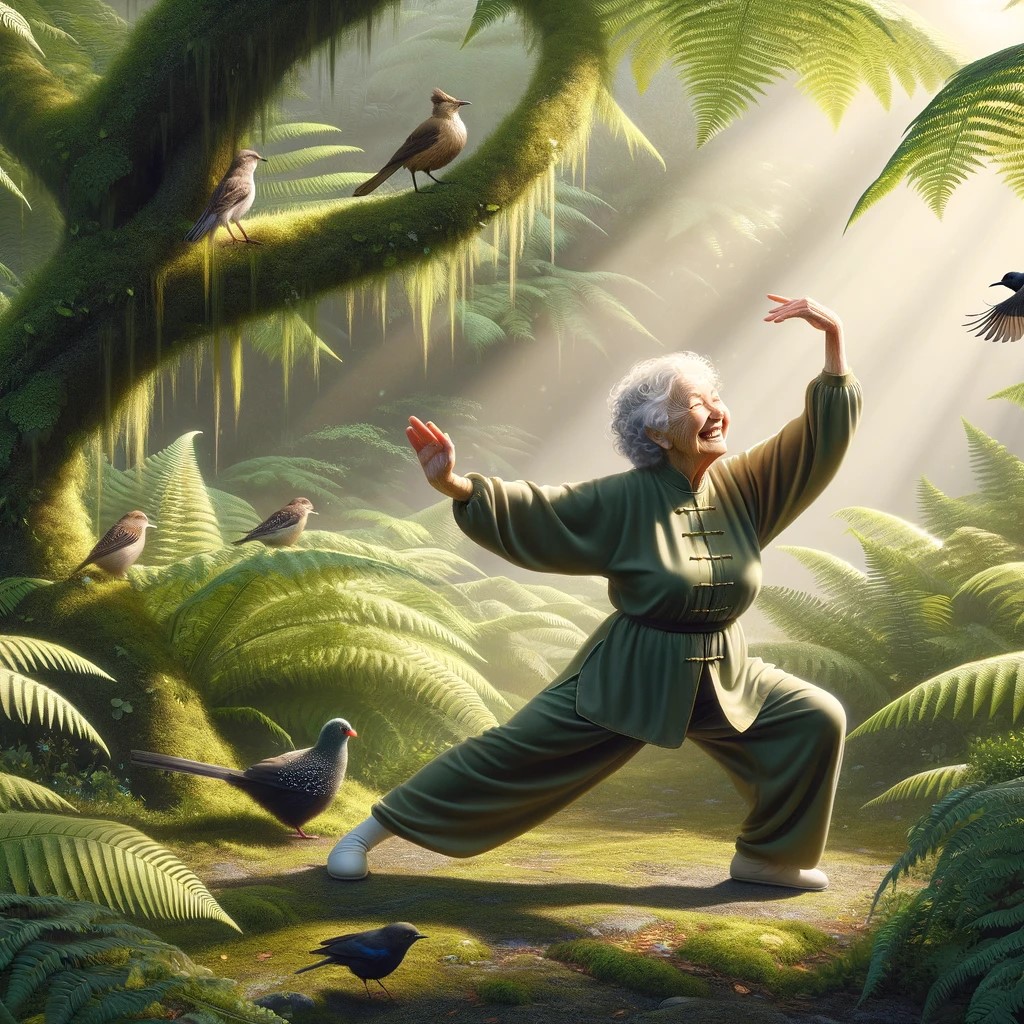
Conclusion: A Lifelong Journey
Becoming a Tai Chi instructor is a lifelong journey of learning, practice, and personal growth. It is a path that is both challenging and rewarding, offering the opportunity to deepen one's understanding of Tai Chi and to help others discover its benefits. By following the traditional path of learning from a master, embracing the importance of personal experience, and dedicating oneself to mastering the art, one can aspire to not only become a Tai Chi instructor but also to continue the rich and profound tradition of this ancient martial art.

